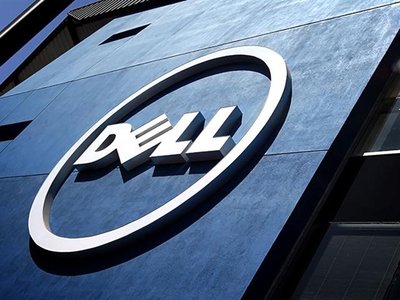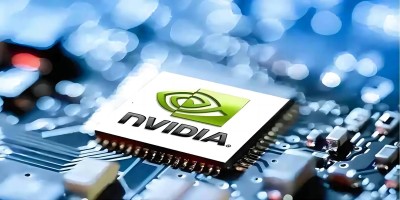DELL's adjustments and challenges due to the latest chip ban in the United States are in the spotlight in the industry. The ban affects a number of graphics card products such as the AMD Radeon RX 7900 series, and the impact further spreads to brands such as Nvidia and Intel.
According to the U.S. Department of Commerce's Bureau of Industry and Security (BIS), data center chips with TPP (total processing performance) of 4,800 or PD (performance density) of 5.92 and certain TPP are required to apply for an export license. This policy clearly indicates that the United States intends to block the export of advanced technology to China, while raising the threshold for related enterprises.
However, for non-data center chips, although there are certain restrictions, they are relatively relaxed. Even if the TPP reaches 4,800, it only needs to include the level of notification to the government and relevant approval before export, which is relatively more flexible.

Against this backdrop, Dell has moved quickly to adjust. According to foreign media reports, Dell's latest sales advisory guide pictures show that a number of GPU products equipped with the ultra-Micro Radeon series and Instinct series have been explicitly prohibited from selling in China. This covers a range of graphics products, including the Radeon RX 7900 XTX, Radeon RX 7900 XT, Radeon PRO W7900 and others.
Not only that, in terms of Instinct, products with MI210, MI250, MI250X and other graphics cards are also restricted, and even the upcoming new Instinct MI300 card has been included in the list of restrictions. In addition, Nvidia and Intel and other brands of graphics cards and Intel Gaudi chips are also listed in Dell's banned range.
Dell's action shows that as a world-renowned PC manufacturer, it is highly sensitive and adaptable to global policy changes. The banned graphics cards include the high-performance Radeon RX 7900 series, a series of graphics cards designed for gaming and professional applications, and the ban will have an impact on Dell's product layout in the Chinese market.
In addition to Dell, other global chip companies are also starting to feel the impact of the U.S. policy change. Graphcore, a British chip startup, announced that it would stop selling in China and had to lay off most of its employees in China because of the escalating U.S. ban. Graphcore had been seen as a potential rival to Nvidia, and its business in China was temporarily affected, bringing some variables to the global chip industry.



